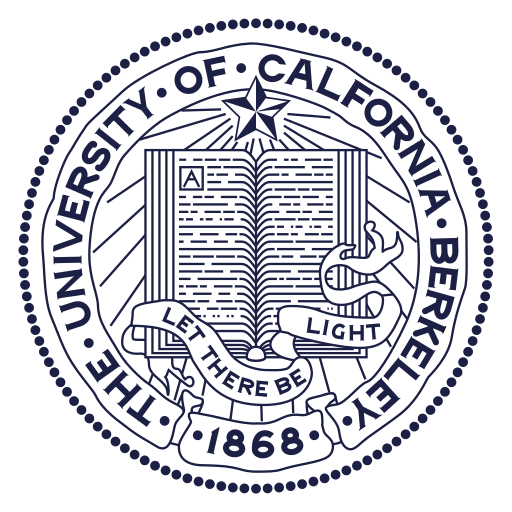"COMFORT" is an Associate Team between INRIA project-team NeCS and the Berkeley University project PATH, funded from 2014 to 2016.
Nature and history of the collaboration
The NeCS research team,
headed by Professor Canudas-de-Wit at INRIA, has been
working on innovative prediction and decentralized
control algorithms for freeway traffic flow models. The
team is now finalizing the realization of the "Grenoble
Traffic Laboratory" (GTL)
that aims to monitor the Grenoble beltway in order to
confront state-of-the-art of intelligent transportation
systems to real traffic operation.
Simultaneously,
Professor R. Horowitz, who is also co-Director of the PATH
(Partners for Advanced Transportation TecHnology)
Program at Berkeley, is the Principal Investigator (PI)
of the PATH Tools for Operations Planning (TOPL)
project, which has been supported by the California
Department of Transportation (Caltrans) for over 5
years. The goal of TOPL is to provide tools that specify
actions for traffic corridor operational improvements
(ramp metering, incident management, and demand
management) and to quickly estimate the benefits of such
actions. TOPL is based on macro-simulation models that
are automatically calibrated using traffic data.
Horowitz is also co-PI of the Connected Corridors PATH program,
a collaborative effort to research, develop, and test a
framework for future corridor traffic operations in
California and beyond. As part of this effort, Horowitz'
research team is extending many of the tools in the TOPL
project to be used as part of a Decision Support System
that will provide short-term traffic flow predictions,
based on current conditions, and use these predictions
to evaluate possible traffic management strategies that
reduce congestion in a traffic corridors.
These two
teams have a long history of successful collaboration
and have been involved in several joint publications in
the area of transportation and vehicle control. In 2002,
two PhD students from the Grenoble team visited the team
of Prof. Horowitz. The first of the two graduate student
visitors, Xavier Clayes, spent six months at Berkeley
and worked on platooning control. The second, Denis
Jacquet, spent 6 months as a visiting researcher at
Berkeley. This visit launched collaboration with Sensys
Networks, a company that produces wireless sensors used
for traffic measurement. Upon his return to France, Dr.
Jacquet, founded Karrus-ITS, an INRIA start-up, in 2010.
The two teams have complementary strengths and research goals. Both teams have a strong background in control theory and its application to traffic. They are interested and have made significant contributions to traffic forecasting and control problems using macroscopic dynamical traffic models. In addition, both teams have built technological platforms for gathering and processing real-time traffic data. These platforms allow students and researchers to assess the performance of their algorithms with real-time data, and at scales ranging from single sensors to entire cities.
The two teams have complementary strengths and research goals. Both teams have a strong background in control theory and its application to traffic. They are interested and have made significant contributions to traffic forecasting and control problems using macroscopic dynamical traffic models. In addition, both teams have built technological platforms for gathering and processing real-time traffic data. These platforms allow students and researchers to assess the performance of their algorithms with real-time data, and at scales ranging from single sensors to entire cities.
 Menu
Menu
 Contact
Contact
Carlos Canudas De Wit
Director of Research at the CNRS
Département
d'Automatique de Grenoble
GIPSA-Lab, UMR CNRS 5216
BP. 46, F-38402, Saint Martin d'Hères, France
Tel: + 33.(0)4.76.82.63.80 (campus-Grenoble)
Tel: + 33.(0)4.76.61.53.64 (INRIA-Montbonnot)
Fax: + 33.(0)4.7682.6388
Cellphone: + 33 (0)6.85.73.70.16
carlos.canudas-de-wit@gipsa-lab.inpg.fr
GIPSA-Lab, UMR CNRS 5216
BP. 46, F-38402, Saint Martin d'Hères, France
Tel: + 33.(0)4.76.82.63.80 (campus-Grenoble)
Tel: + 33.(0)4.76.61.53.64 (INRIA-Montbonnot)
Fax: + 33.(0)4.7682.6388
Cellphone: + 33 (0)6.85.73.70.16
carlos.canudas-de-wit@gipsa-lab.inpg.fr
 Members
area
Members
area
- Administrator
(Hassen Fourati)
- Restricted access to members only



 See
also
See
also